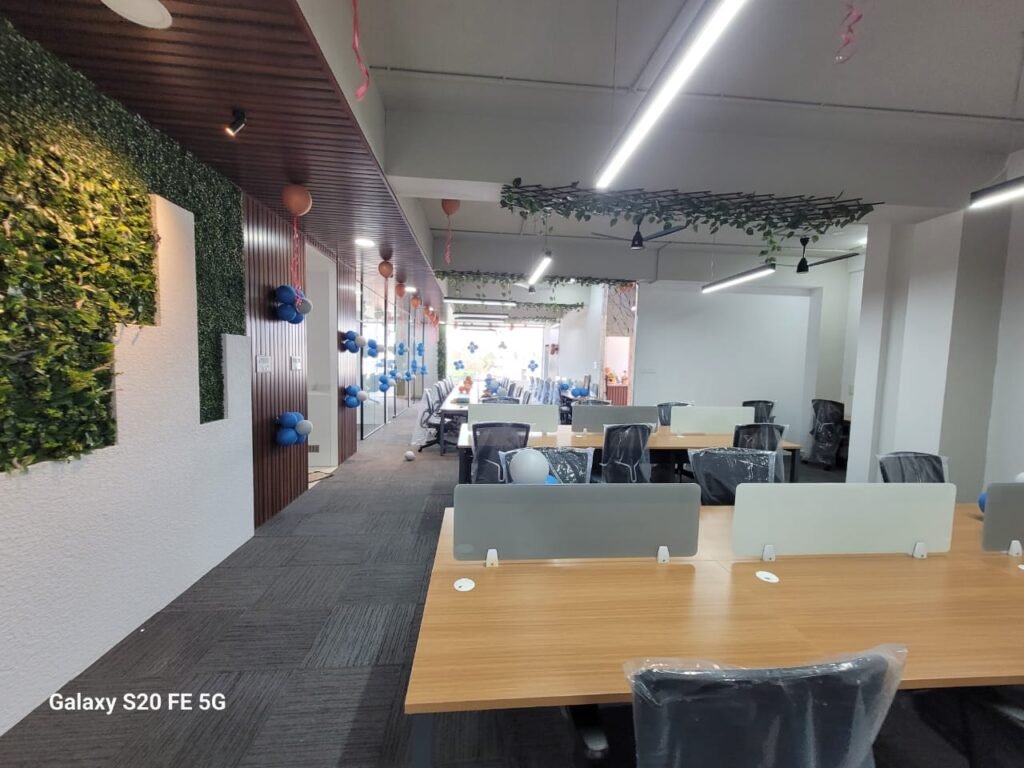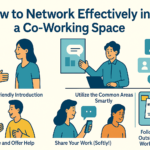
The modern workplace has undergone a dramatic shift. Co-working spaces—once seen as casual hubs for freelancers—are now attracting a wide spectrum of professionals, including startups and even Fortune 500 companies. But what’s behind this shift, and why are these diverse groups converging under the same roof?
Let’s break down who uses co-working spaces and what drives each segment to choose this flexible, future-forward model.
1. Freelancers: Independence Meets Community
Why They Choose Co-Working:
Freelancers thrive on independence, but working in isolation can become creatively and mentally draining. Co-working spaces offer a solution that blends autonomy with a sense of belonging.
🔹 Top Benefits for Freelancers:
– Affordable access to professional workspace
– Opportunity to network and find new clients
– Reduced distractions compared to working from home
– Access to essential office amenities (Wi-Fi, printers, meeting rooms)
Popular among: Writers, designers, consultants, developers, marketers, and other gig workers.
2. Startups: Scalability Without Commitment
Why They Choose Co-Working:
Startups need agility—what works today might not work tomorrow. Co-working spaces are perfect because they’re scalable, low-risk, and offer plug-and-play solutions.
🔹 Top Benefits for Startups:
– Cost-effective office solutions without long leases
– Easy to scale team size as the company grows
– Collaborative environment fosters innovation
– Access to pitch events, investor meets, and startup-focused resources
Popular among: Tech innovators, fintech startups, marketing agencies, and early-stage ventures.
3. Corporates: Flexibility and Distributed Teams
Why They Choose Co-Working:
Global companies are embracing hybrid work models. Instead of investing in expensive, underutilized real estate, they’re turning to co-working spaces to support remote teams, regional branches, or innovation labs.
🔹 Top Benefits for Corporates:
– Reduced real estate and operational costs
– Improved employee flexibility and retention
– Access to local talent pools in emerging cities
– Spaces tailored for meetings, client visits, or project teams
Popular among: Tech giants, consulting firms, media companies, and even banking institutions.
The Common Thread: Flexibility, Community, and Efficiency
Despite their different needs, these three groups share a common goal: efficiency, agility, and engagement. Co-working spaces are designed to offer:
- Short-term and long-term options
- Fully equipped infrastructure
- Networking and community events
- Vibrant work culture
Whether you’re a solo creator, a growing team, or a multinational enterprise, co-working spaces bridge the gap between professional structure and lifestyle freedom.




Leave a comment